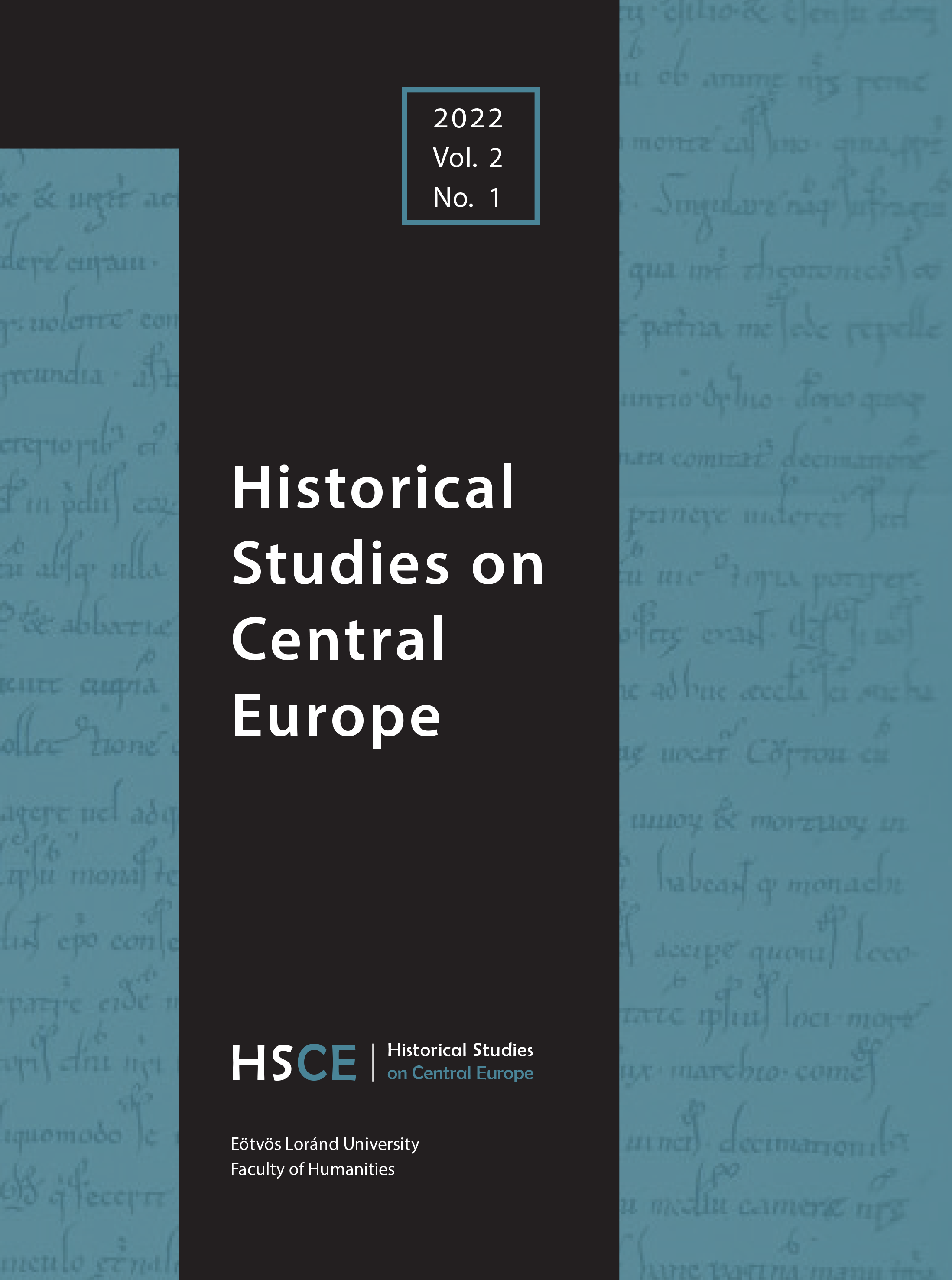Constructing a Periphery: Descriptions of Hungarian, Transylvanian, and Croatian Towns in Theater Periodicals in the Holy Roman Empire, 1760–1800
Published 16-06-2022
Keywords
- philosophic geography, civilization, German theatrical journals, Hungary
How to Cite
Copyright (c) 2022 Muresan Raluca

This work is licensed under a Creative Commons Attribution-NonCommercial 4.0 International License.
Abstract
Based on the analysis of articles published in theater periodicals in the Holy Roman Empire, this
study explores the enlightened cultural and symbolic geographies as reflected in the late eighteenth-century
German theatrical press. Larry Wolff has shown that western travelers tend to locate the borders of civilized
Europe in Habsburg lands situated east of Vienna, namely in Galicia and Hungary. If theatrical periodicals
and travel memoirs by western travelers share a common interest in the frontiers of civilized Europe, the
specific geography of civilization entails several contradictions in the two medias. Larry Wolff has shown
that western travelers tend to locate the borders of civilized Europe in Habsburg lands situated east of
Vienna, namely in Galicia and Hungary. By contrast, in theatrical journals based in the Holy Roman Empire,
the borders of civilization seem to be concentrated south-eastwards, along the Ottoman frontier, namely in
Hungary and in the countries of St. Stephen’s Crown. The article seeks to elucidate variations by pointing to
geographical and political factors, as well as to differences between these two literary genres. Unlike travel
journals, theater periodicals in the Holy Roman Empire had to give a general overview of contemporary
theater life, by pointing to the mobilities of itinerant theatrical, especially German, companies, and by
documenting their repertoire. This article reveals how the specific construction of an imagined European
periphery reflected by the periodicals is determined both by their networks of contributors and by the taste
for exotic, namely Turkish subjects, in eighteenth-century dramas and operas. Hence, such philosophic
geographies are shaped both by the origin, the language, the genre and by the major themes of such
periodicals.

